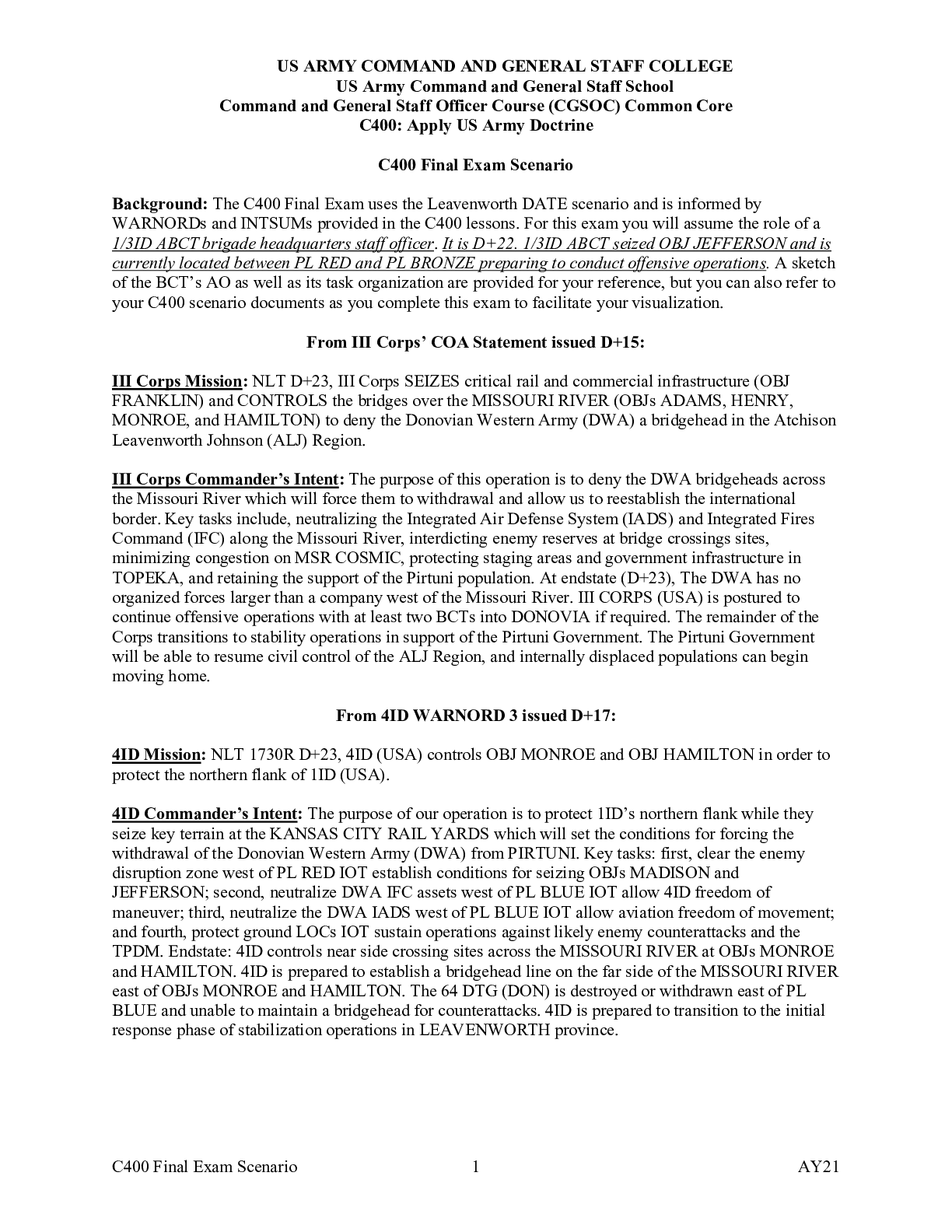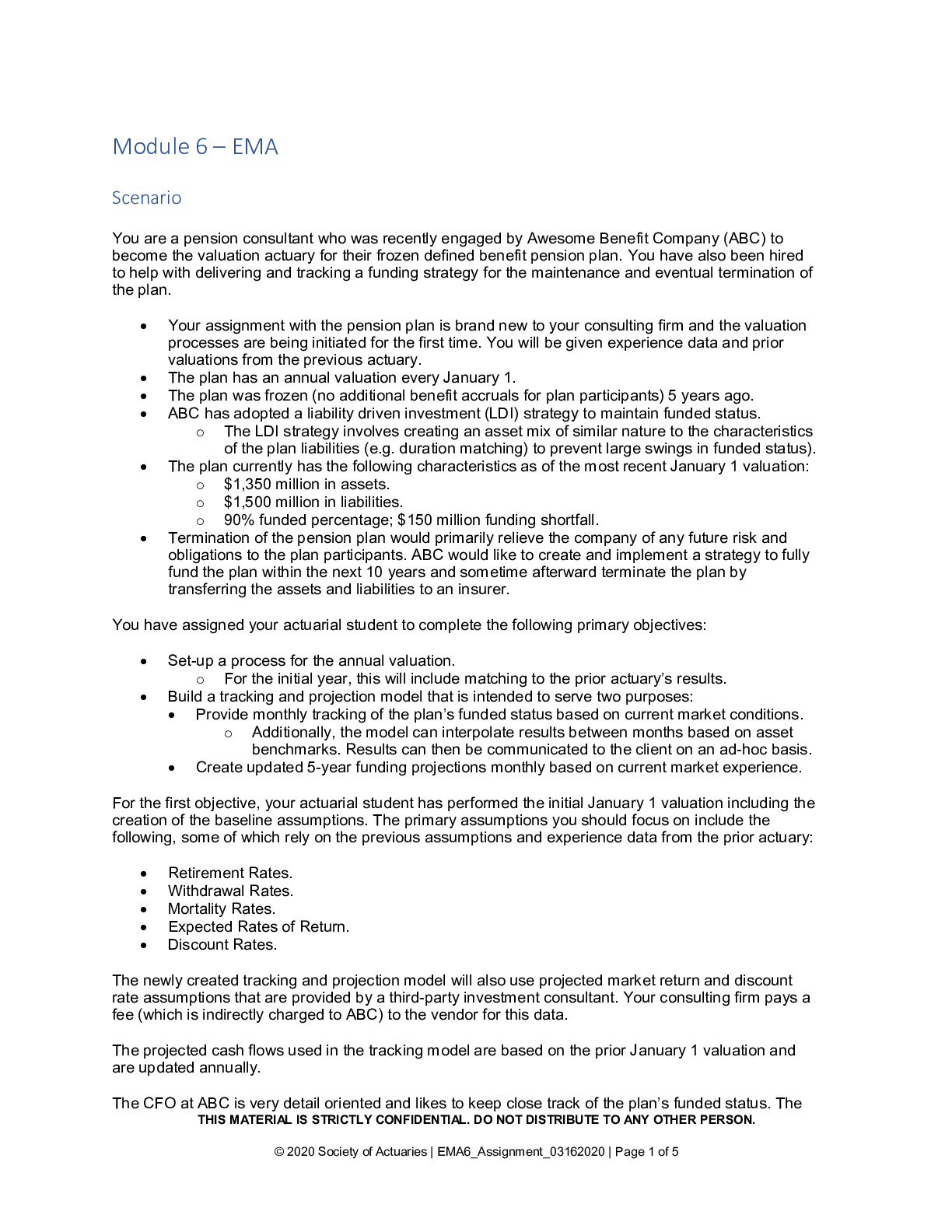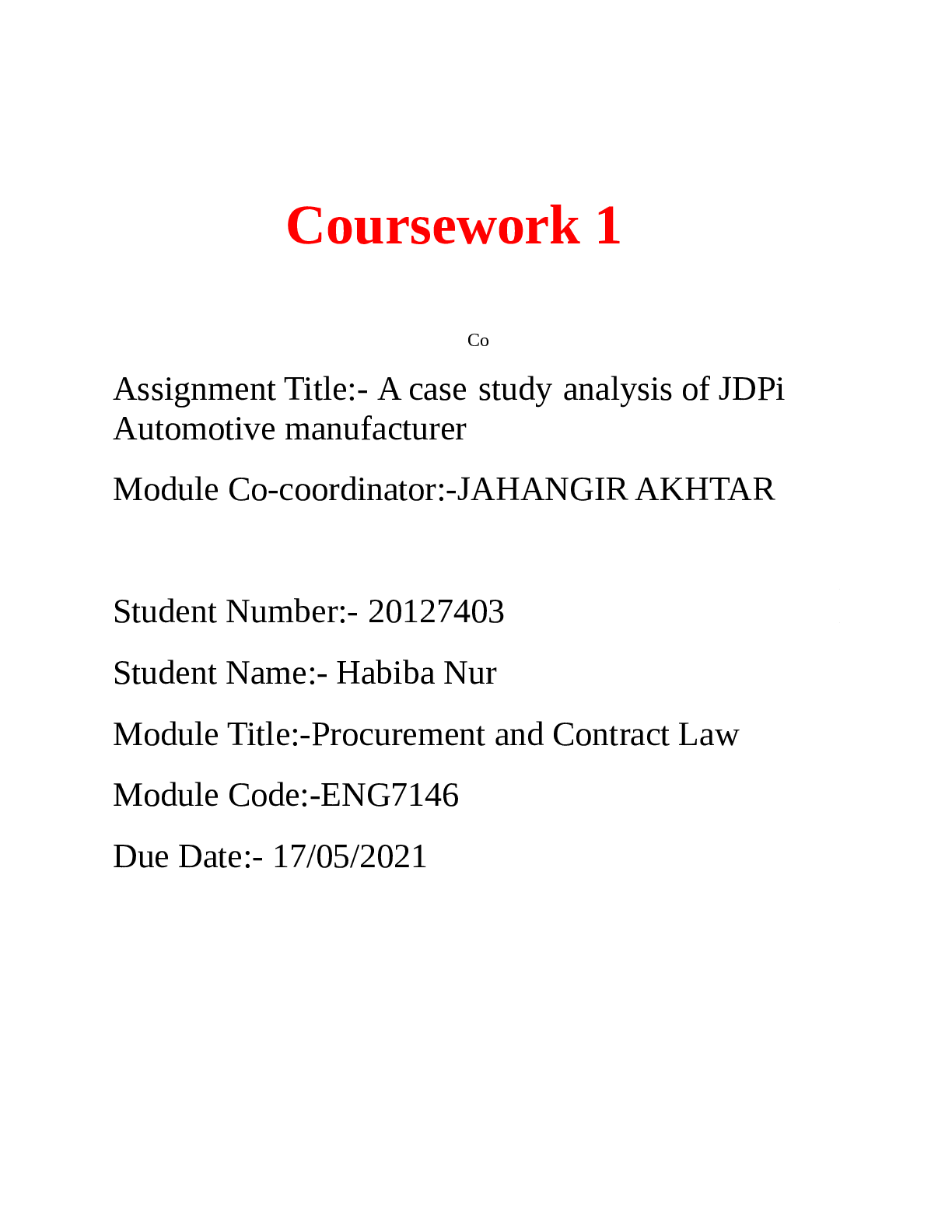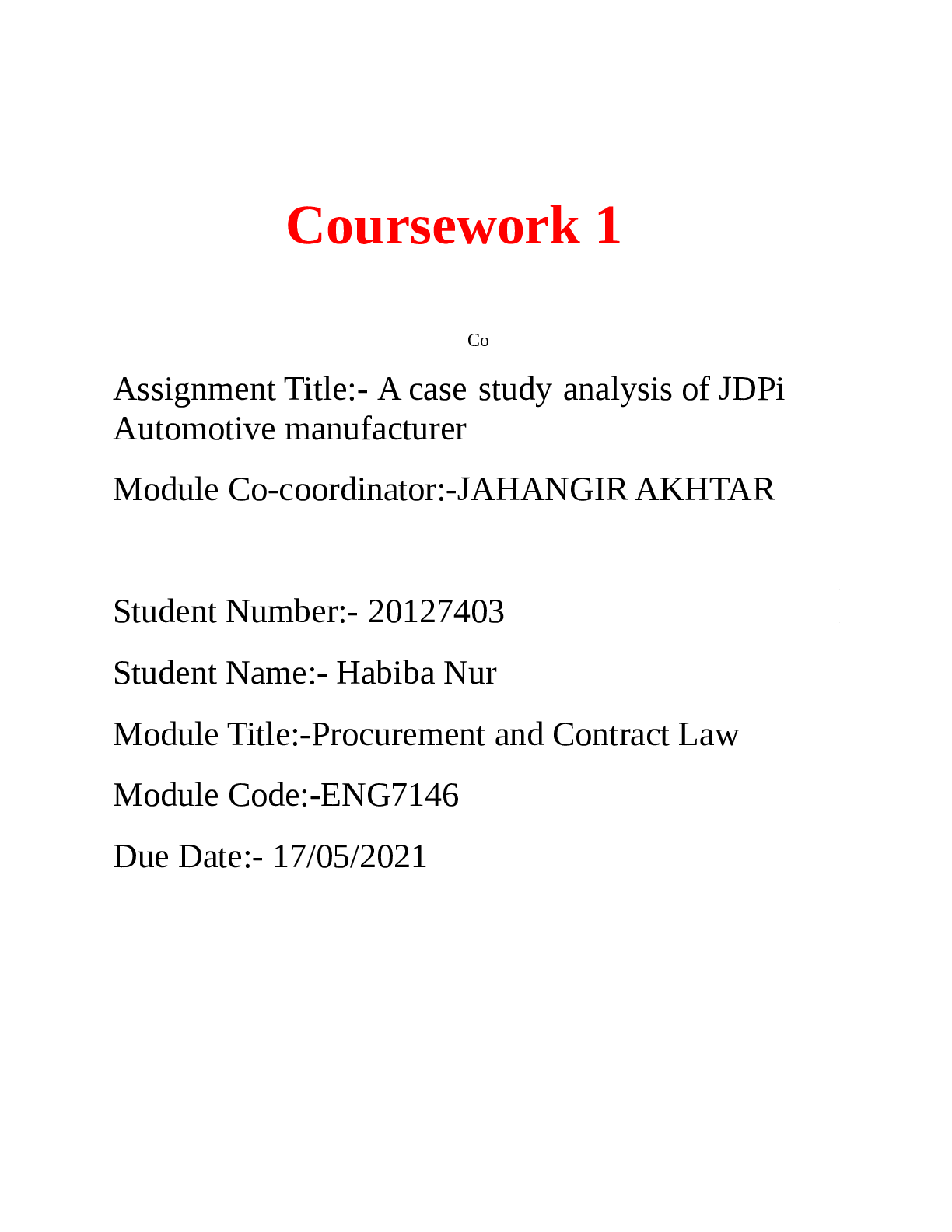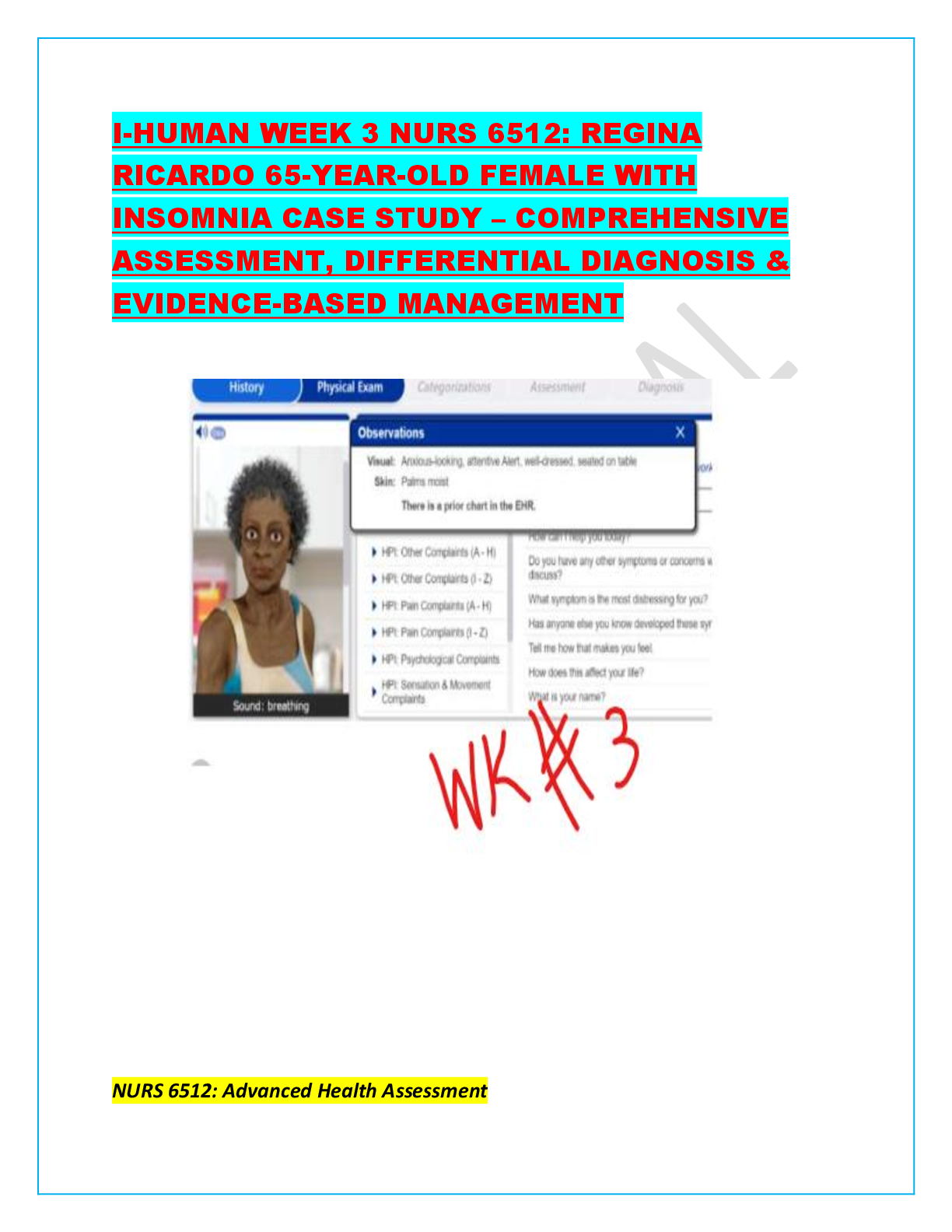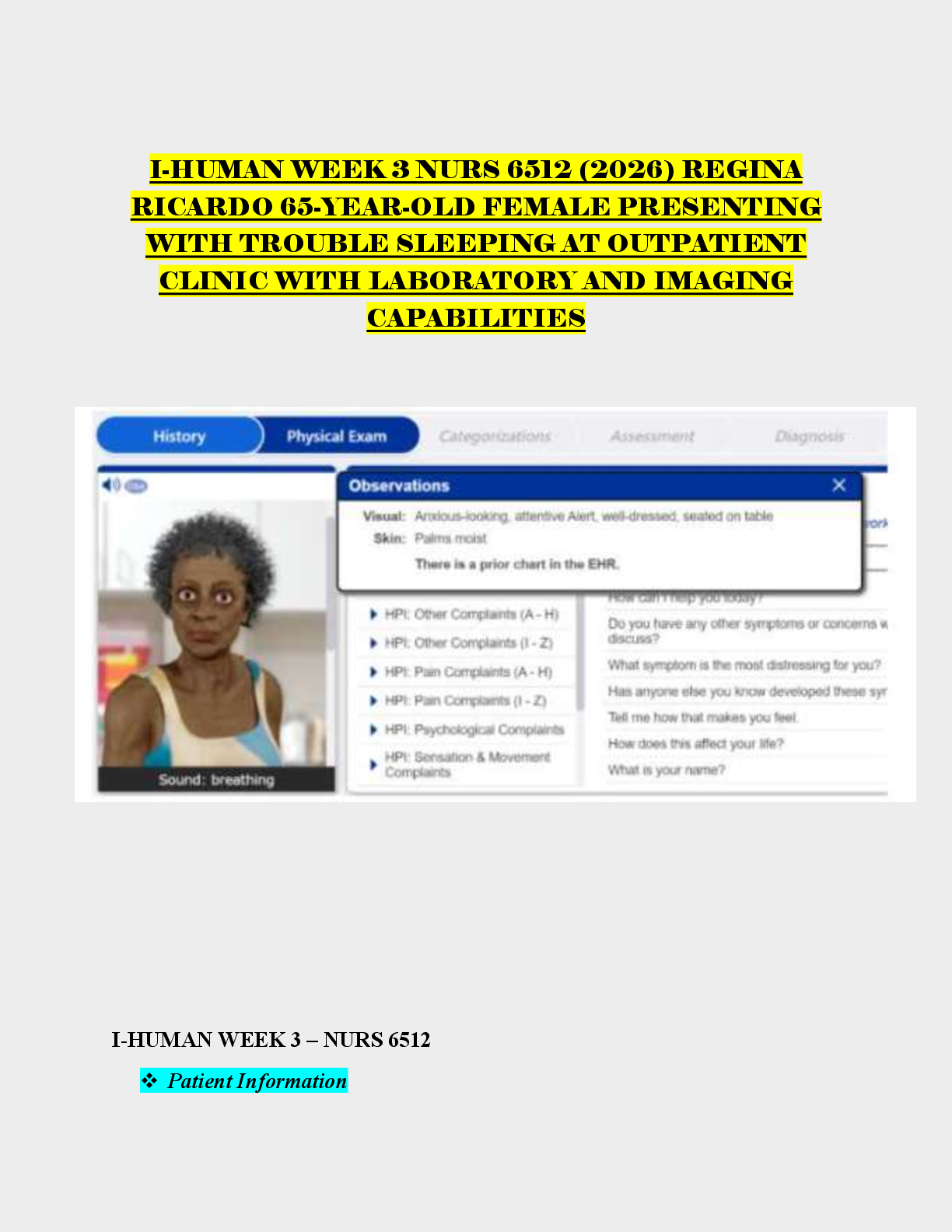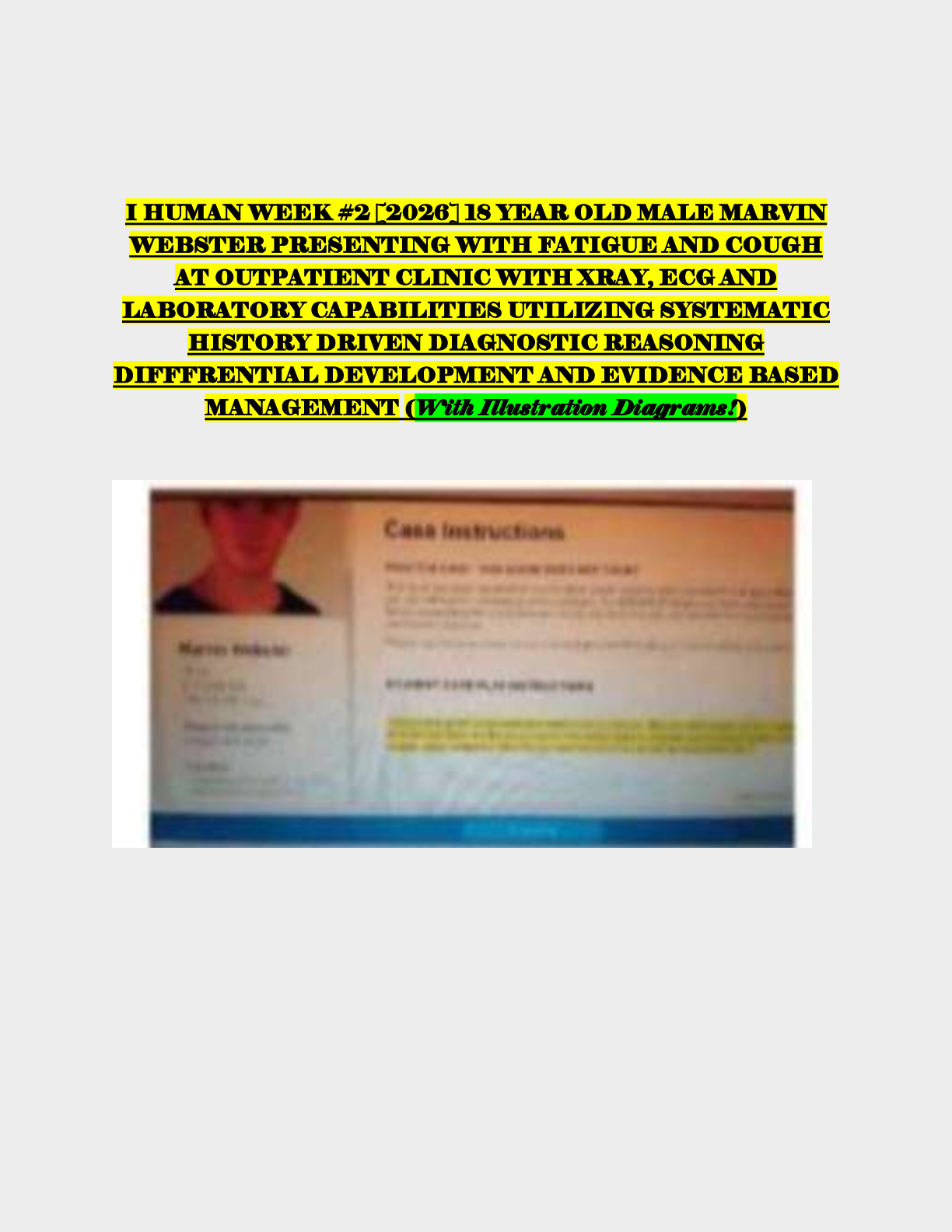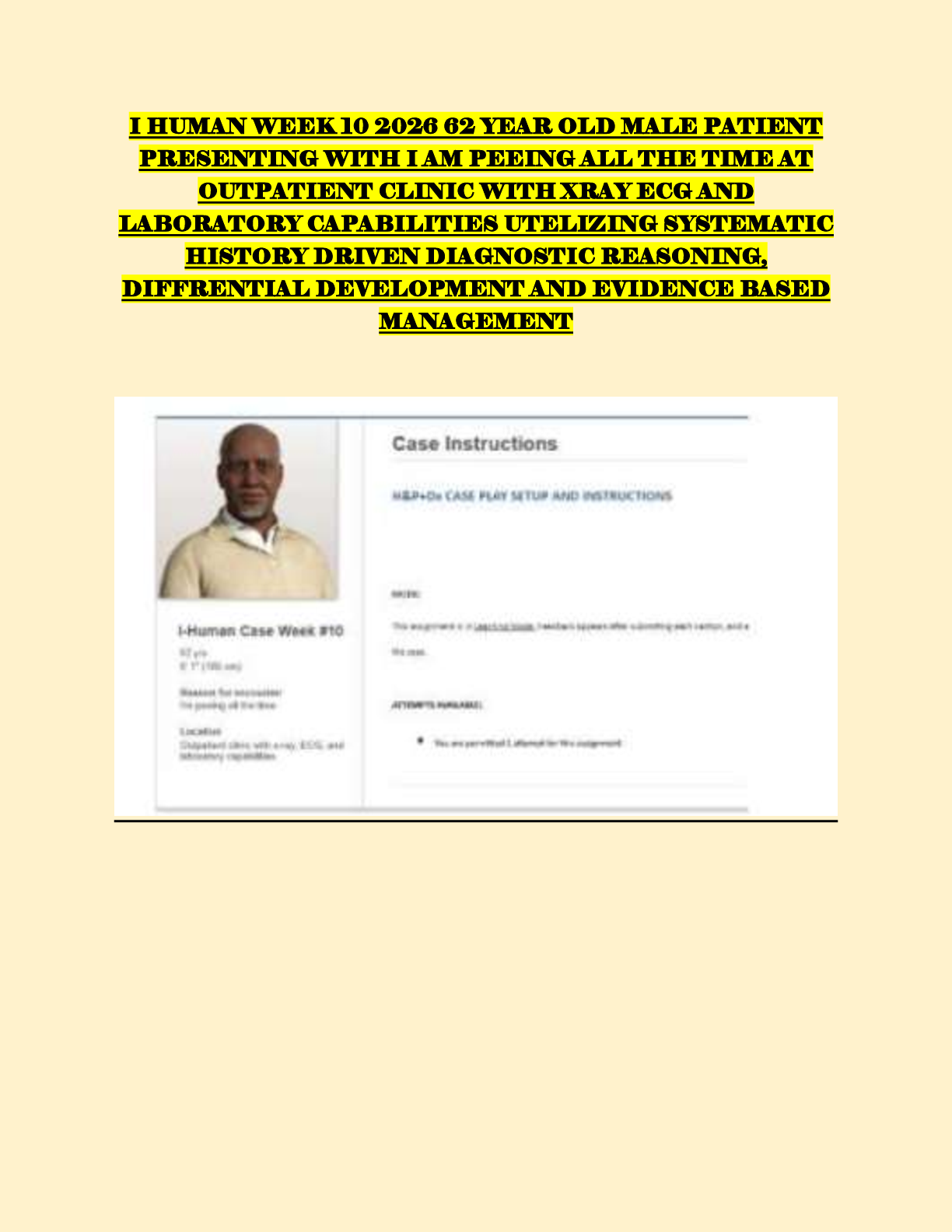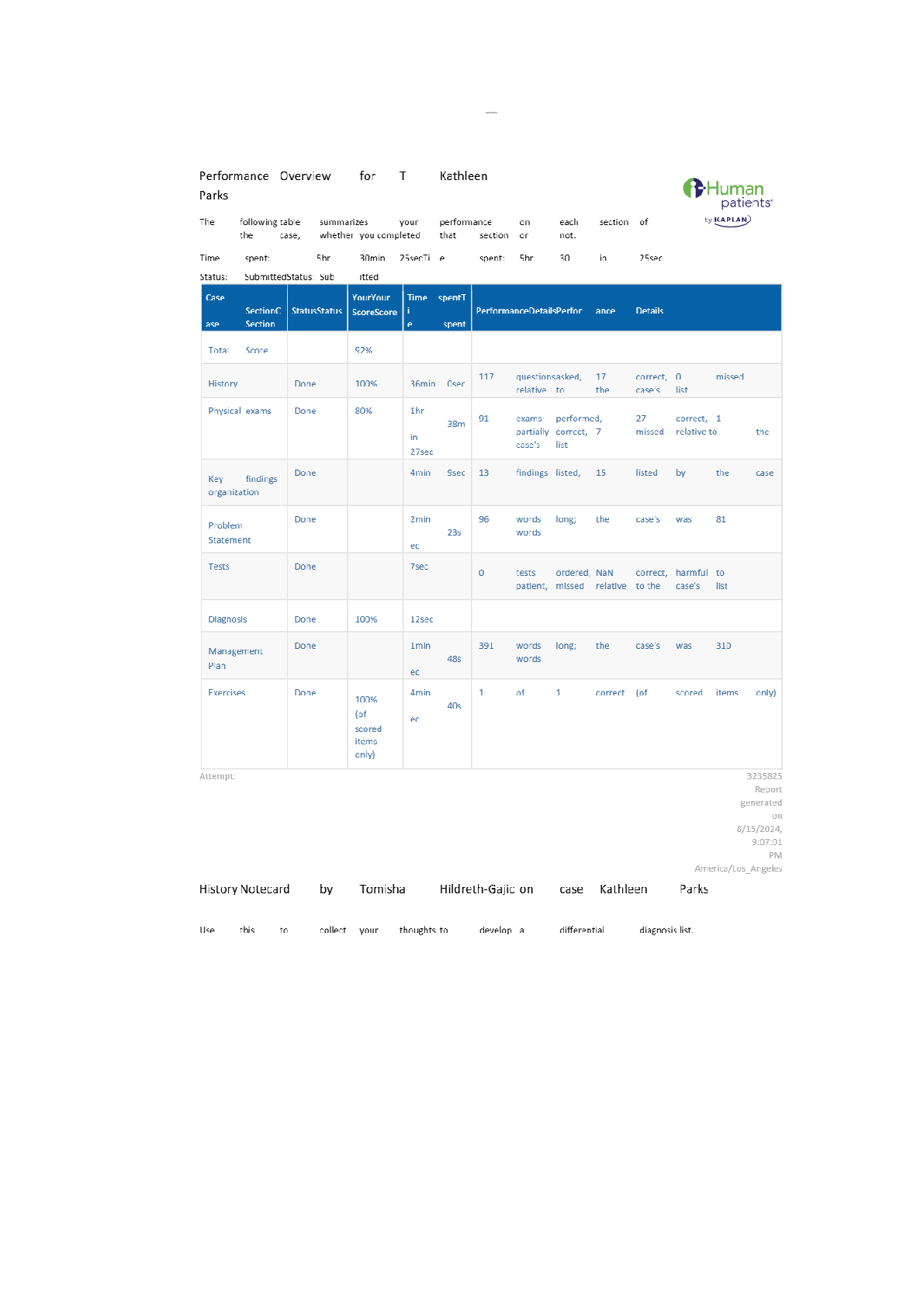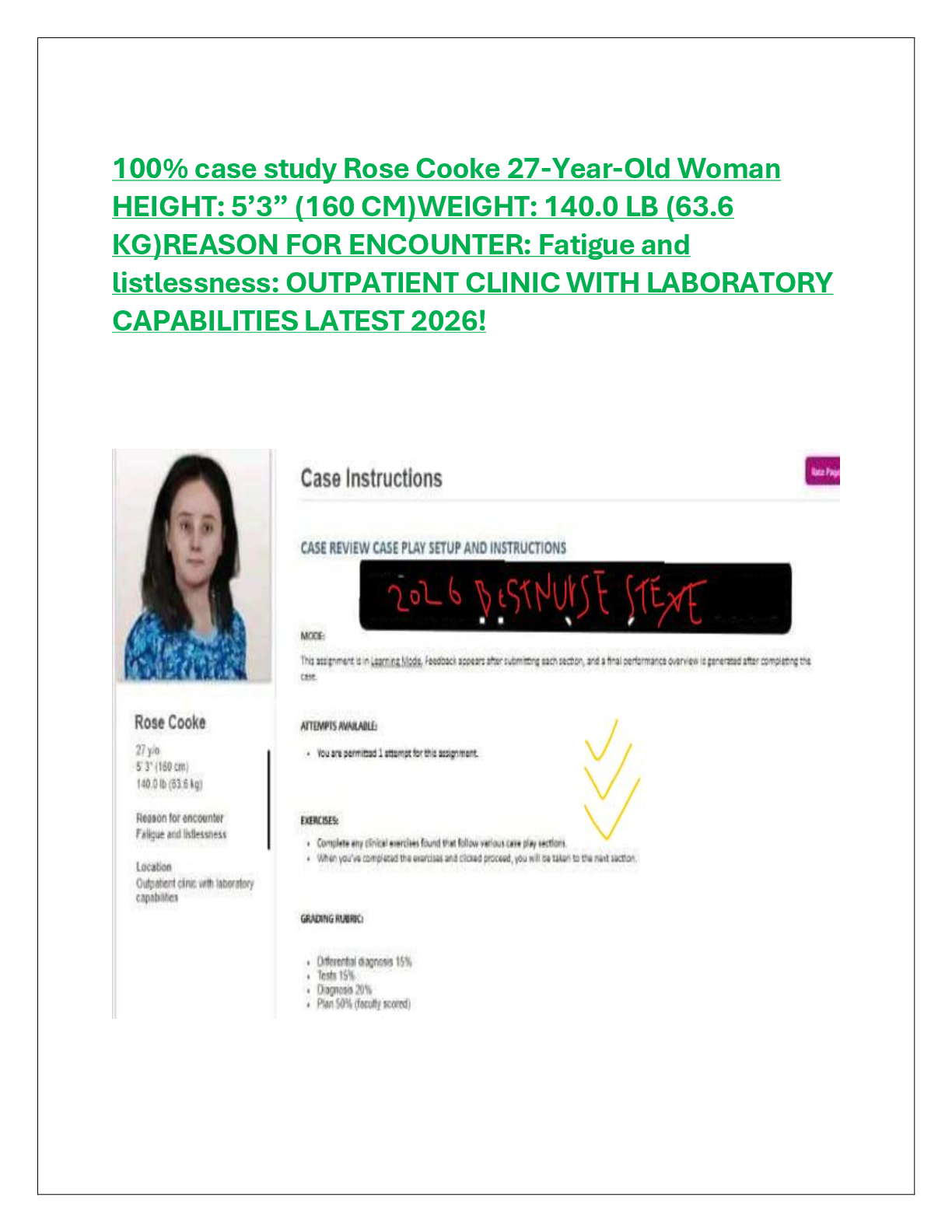Anne Mulcahy & Xerox
When Anne Mulcahy became CEO and chairperson of Xerox in 2001, the odds of saving the
‘doomed ship’ were stacked against her. Mulcahy replaced an ousted CEO who had only
lasted 13 months on the jo
...
Anne Mulcahy & Xerox
When Anne Mulcahy became CEO and chairperson of Xerox in 2001, the odds of saving the
‘doomed ship’ were stacked against her. Mulcahy replaced an ousted CEO who had only
lasted 13 months on the job. Xerox was teetering on the edge of bankruptcy.
Xerox was one of those rare companies whose brand name became so common in use that
the word entered the language as a verb. People didn’t ‘photocopy’ a document, they
‘Xeroxed’ it. But as with many other megalithic companies, decades of industry dominance
led to complacency. Xerox began to lose direction and market share and by 2000, had lost
$273 million in revenue. By 2001, it had over $17 billion in debt.
In the two years previous to Mulcahy’s appointment to CEO at Xerox, not only had the debt
ballooned to $19 billion, but they were battling an internal fraud scandal. Customers and
employees were quickly walking away. Coupled with a seriously weakening economy,
Xerox’s last effort to survive saw them sack their CEO of thirteen months and appoint Anne
Mulcahy – a Xerox employee who has been there for nearly her entire career and who had
worked in many different divisions. Her thorough knowledge of the company made her an
ideal candidate – and she knew Xerox had lost its way.
Her first task was CEO was to go on a ‘listening tour. Over 90 days she spoke to employees,
customers and industry experts across the US on where Xerox had gone wrong. Employees
said that they needed clearer goals. Customers said Xerox had lost its responsiveness. Tech
gurus said it was investing randomly, rather than focusing on a few markets where it could
dominate.
Mulcahy also tackled the huge financial problems facing Xerox. She formed a team of
advisors, and focused first on cash generation in order to survive. For three months she
relentlessly lobbied the 58 banks who had loan arrangements with Xerox and managed to
persuade all to stay with Xerox.
Across the company people became fearful and uneasy. Many had known for a long time
that things had to change – but there had been no managerial impetus to do so. During the
1990’s Xerox had tried to centralize administration and reorganize its sales force but poorly
executed, it had left employees unsure of their roles and sceptical about the company’s
direction. Trust in the leadership began to wane as decision-making became murky, nothing
was clear. Everybody in the field knew it wasn’t working, but nobody said anything
[Show More]
